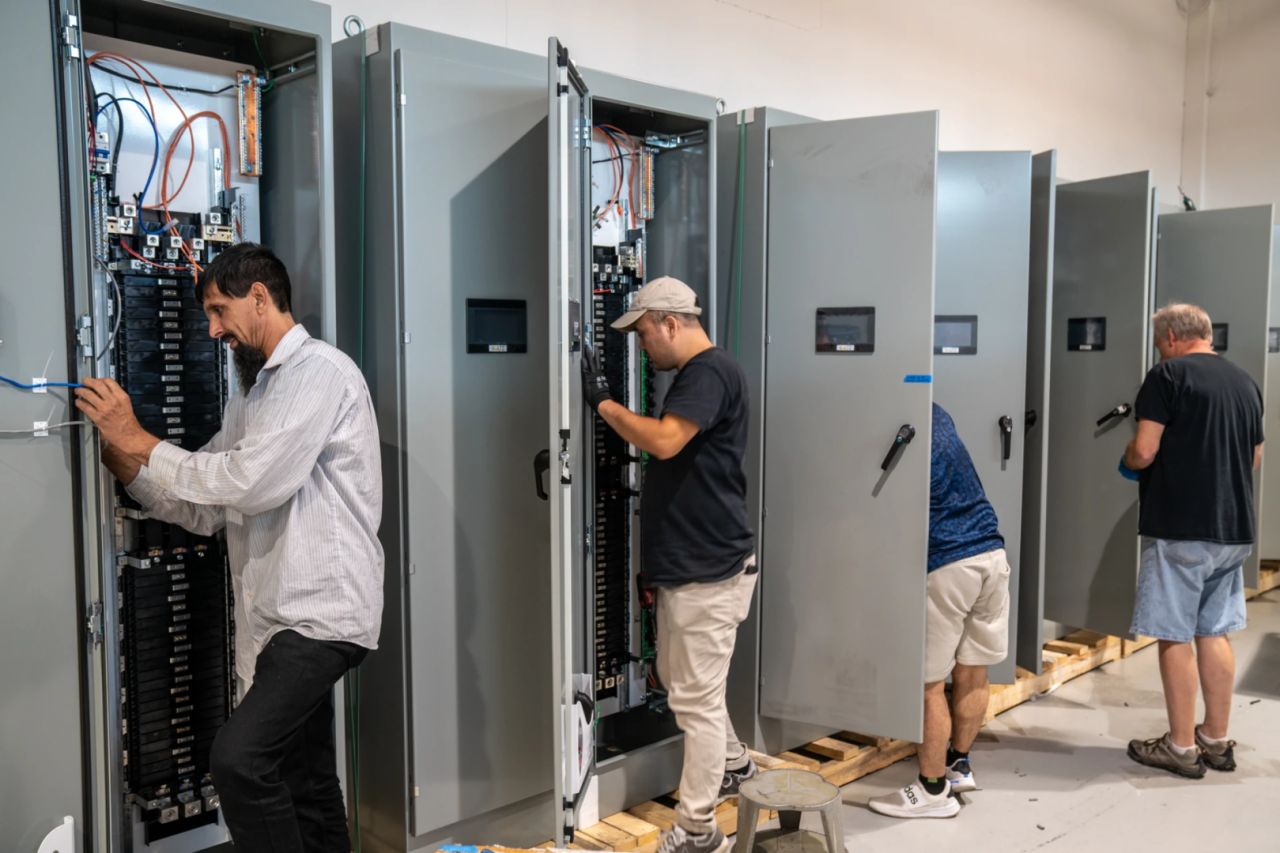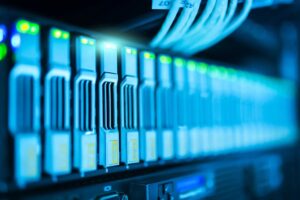As businesses today have so much of their systems on servers, data centers and IT systems, controlling power use is very important. At this point, you use a PDU. What exactly is a PDU, and how are they so important?
What is a PDU?
A PDU is a device that delivers power to several devices, usually in a data center, server rack, or networking situation. Just as a power strip helps all your electronics, a PDU helps your IT equipment conveniently.
Latest technical designs connect UPS or main electrical power to PDUs, which then carefully and smoothly move it to servers, switches, storage devices, and important computer hardware.
Purpose of PDUs
1. Efficient Power Distribution
The job of a power distribution unit is to distribute power among multiple devices from one electricity source. Plugging many devices into individual wall sockets is dangerous and impractical in a data center, that is why PDUs help deliver power efficiently from one source.
2. Load Management and Monitoring
Out-of-the-box, advanced PDUs offer ways to track power usage for each outlet, each connected device or for different circuits. Because of this, IT managers can:
Prevent overloads
Track energy consumption
Balance loads across phases or circuits
3. Remote Power Control
iPDUs make it possible to manage power to certain outlets without being there physically. The purpose of this is to:
Restarting unresponsive devices
Turning off unused equipment to save power
Troubleshooting from off-site locations
4. Redundancy and Uptime
For critical places, uptime can mean the difference between success and failure. PDUs are usually combined with two power supplies and a UPS to ensure there is a backup if anything goes wrong. If an energy source fails, it is replaced by another to keep things going.
5. Space Optimization
Rack-mounted PDUs are built to be easily fitted in server racks. Many of these outlets fit into a small space so you can keep everything organized.
Types of PDUs
Basic PDUs: Standard units that distribute power without monitoring or control features.
Metered PDUs: Include displays or interfaces to show real-time power metrics.
Switched PDUs: Allow remote on/off switching of individual outlets.
Intelligent PDUs (iPDUs): Offer advanced features like environmental monitoring, remote access, alerts, and data logging.
Why Businesses Depend on PDUs
In both small server rooms and huge hyperscale data centers, PDUs are the central part of power management. If these aspects are neglected, you increase the chances of power outages, lower performance and harmed equipment. They help manage the increase in energy needs and adhere to both power regulations and green IT plans.
Final Thoughts
Though they lack glamour, power distribution units are crucial to any IT setup. Because modern data center systems are complex, PDUs will play an even bigger role in helping maintain efficiency with power, uninterrupted service, and control.
Having the ideal PDUs during a server upgrade or installation will improve your server or data center’s operation and help you save energy.



